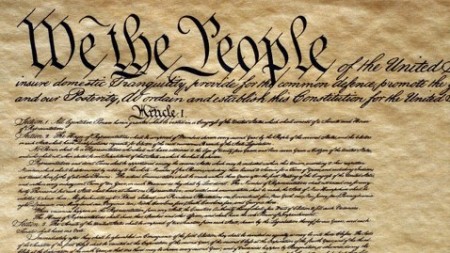
Child Slavery on Chocolate Plantations
Living in a less developed country I hear a lot of general talk about human rights. One of the times this subject normally comes up is when foreigners speak up wanting to do something about the abysmal ways many animals are treated in developing countries (donkeys being abused as working animals, cats and other animals being used for witchcraft purposes, abuse of street animals for amusement–such as cutting off their tails for fun). Surprisingly, locals’ reaction is often, “We shouldn’t care about ANIMAL RIGHTS; we need to care about HUMAN rights!”
When a friend told me they wanted to study international relations and specialize in “human rights,” I realized that I needed to ask, “What ARE ‘human rights,’ exactly?” When I didn’t get a clear answer, I looked it up.

The European Convention on Human Rights
On Wikipedia, I found something called the European Convention on Human Rights (from 1950). It has sections (not a comprehensive list) discussing some of the following:
Respecting Rights
Life
Torture
Servitude
Liberty and Security
Fair Trial
Privacy
Conscience and Religion
Expression
Association
Marriage
Effective Remedy
Discrimination
Abuse of Rights
Reading this list, I realized why we are not talking about “human rights” in America. Many(but not all) items, in lists of human rights, are already in our Declaration of Independence.

The majority of people in America (except immigrants) have never lived in a time or place where the government was authoritarian, and people did not have these rights. Our Declaration of Independence, particularly the Bill of Rights, is designed to protect Americans from any sort of authoritarian government, and thus, protect our rights. Therefore, we are complacent (when compared with those living under authoritarian regimes, especially in the developing world), as these conditions are not within living memory of the majority of our citizens.
In contrast, both the Holocaust and life under authoritarian governments are still within recent living memory of Europeans–and are, in fact, still the current condition of many people in the developing world. The precise definition of abuse of human rights, IS essentially, an authoritarian government.

According to Will Byrnes, in his review of Conservatives without Conscience, “Robert Vaughn, a professor at American University’s Washington College of Law, defines democracy and authoritarianism in terms of information policy. ‘Authoritarian governments are identified by ready government access to information about the activities of its citizens and by extensive limitations on the ability of citizens to obtain information about the government. In contrast, democratic governments are marked by significant restrictions on the ability of government to acquire information about its citizens and by ready access by citizens to information about the activities of government.'”
In America, we speak a lot about “individual rights,” (meaning “civil rights”). Civil rights and human rights are not quite the same thing.
Civil rights are an agreement between a given nation and an individual; therefore, civil rights vary with each country according to their constitution. Civil rights result from a “legal granting of that right.” Civil rights protect citizens from discrimination based on certain categories; as well as due process, or free speech, among others.
Human rights were conceived after World War II (in reaction to the Nazi treatment of the Jews and other groups). An individual is considered to have these rights just for being human; these rights are not considered to be different between one country and another.

A second reason Americans aren’t usually speaking about human rights, and why America has not ratified the European Convention on Human Rights, is that our government doesn’t agree with all provisions. While there are a number of things, one example the United States disagrees with is that the convention outlaws the death penalty for all crimes, no matter how heinous.
From researching these issues, the next time a friend in a developing country begins speaking to me about human rights, I’ll certainly have a better understanding of why they are speaking about it so passionately.




